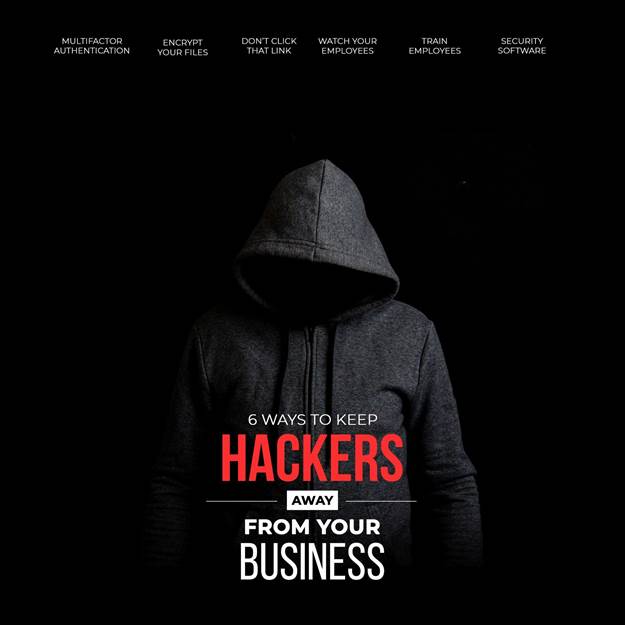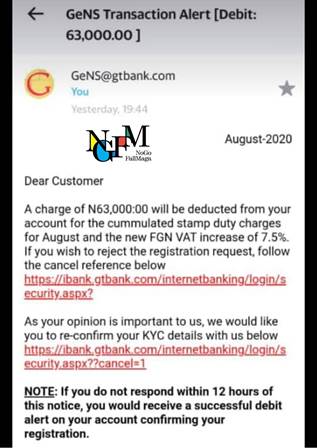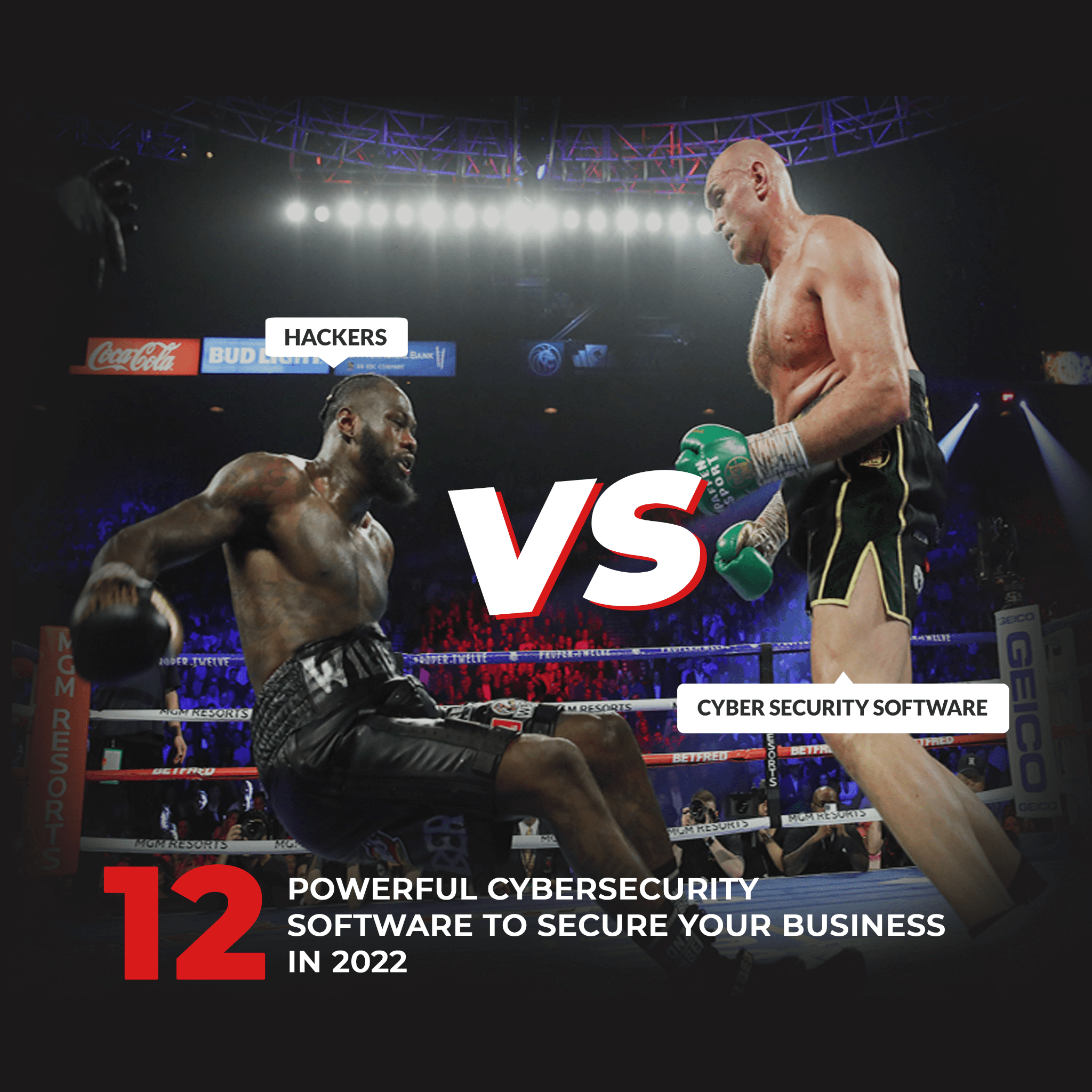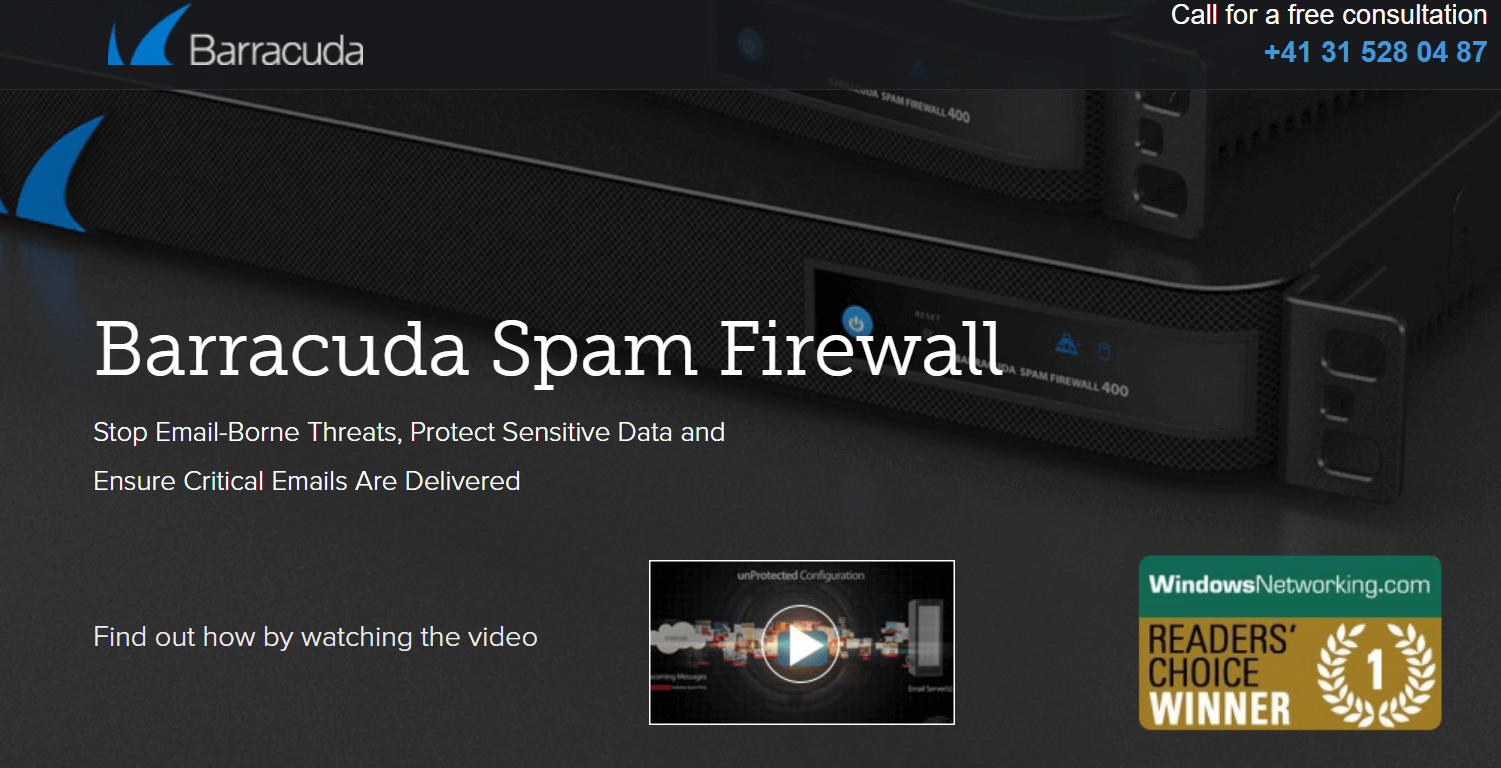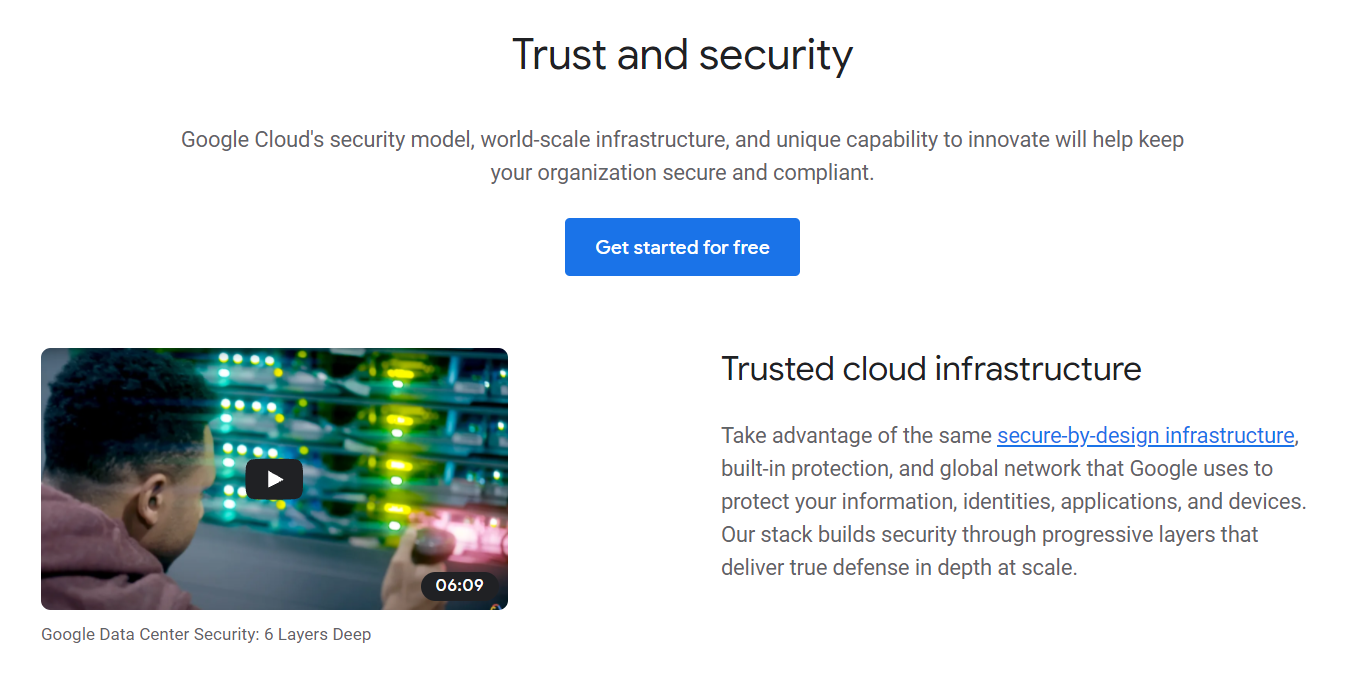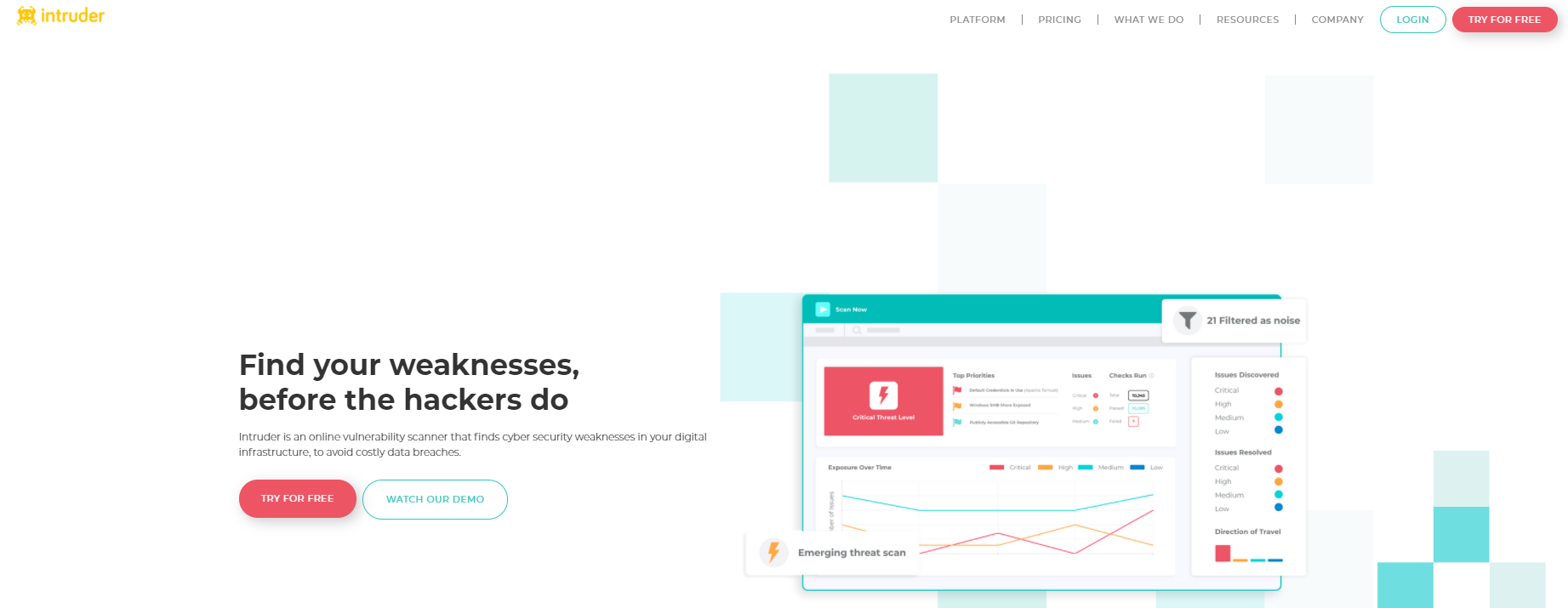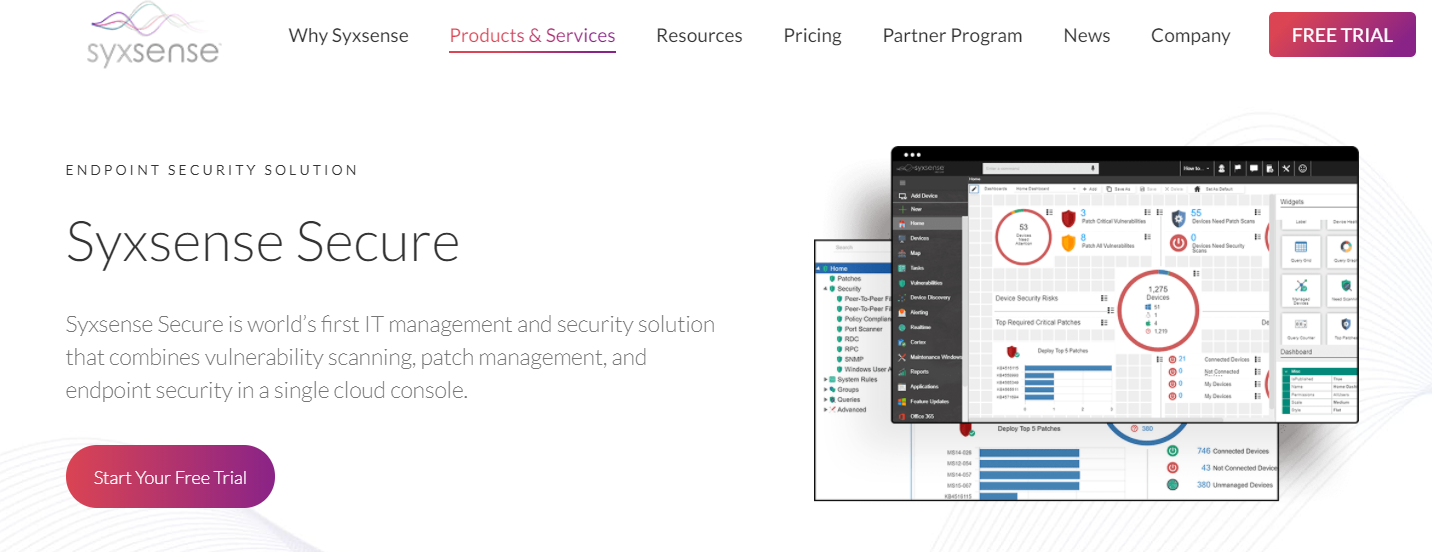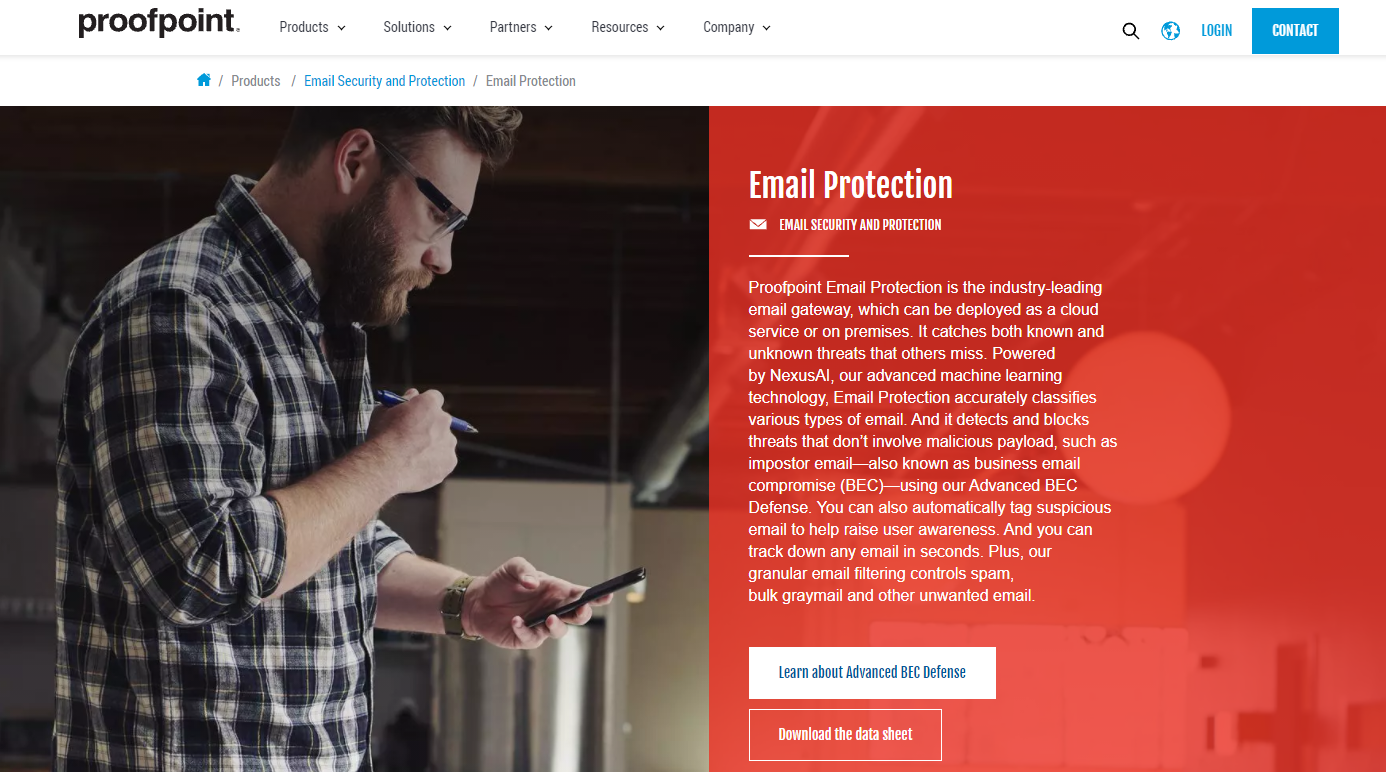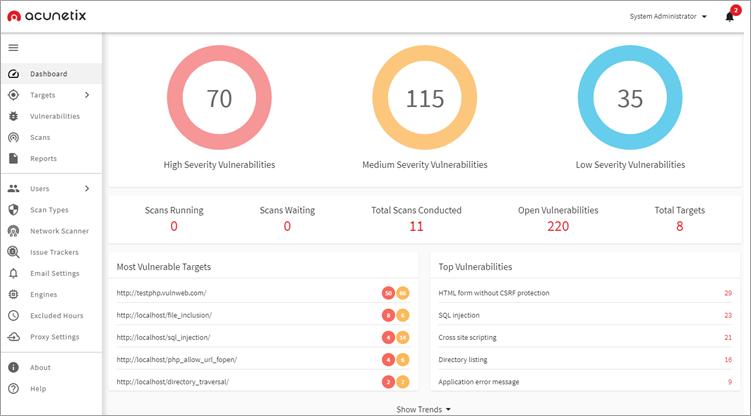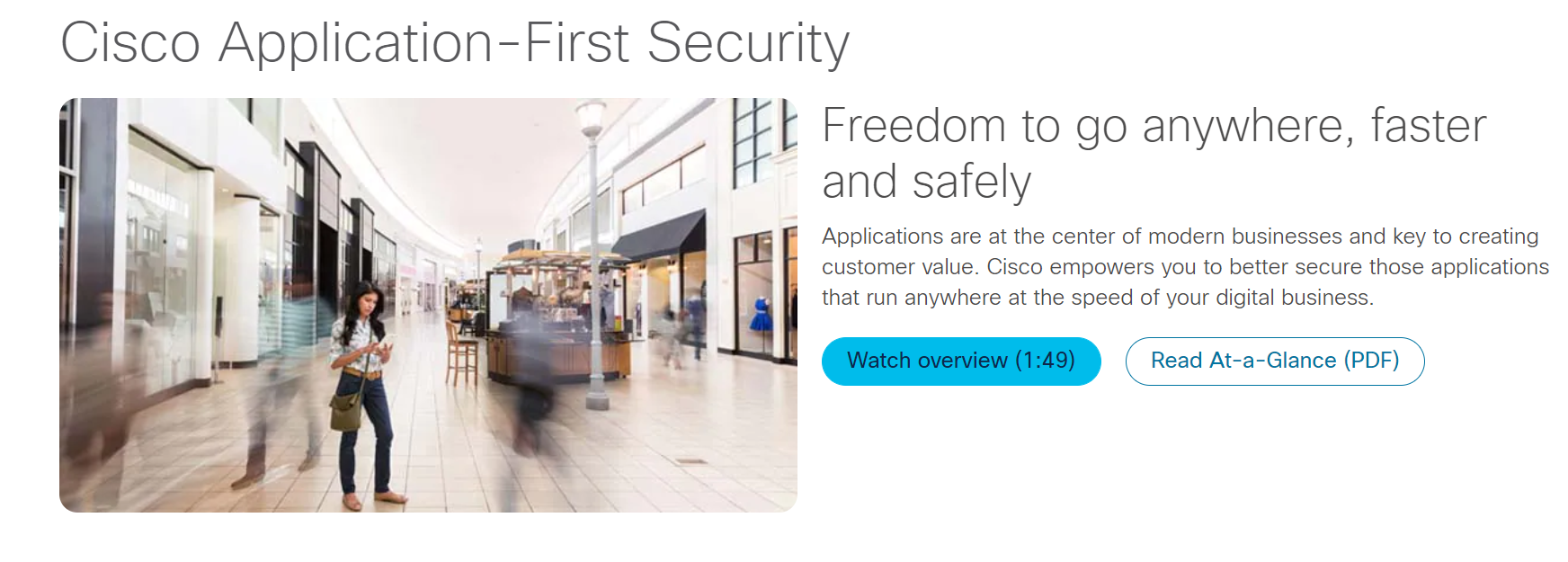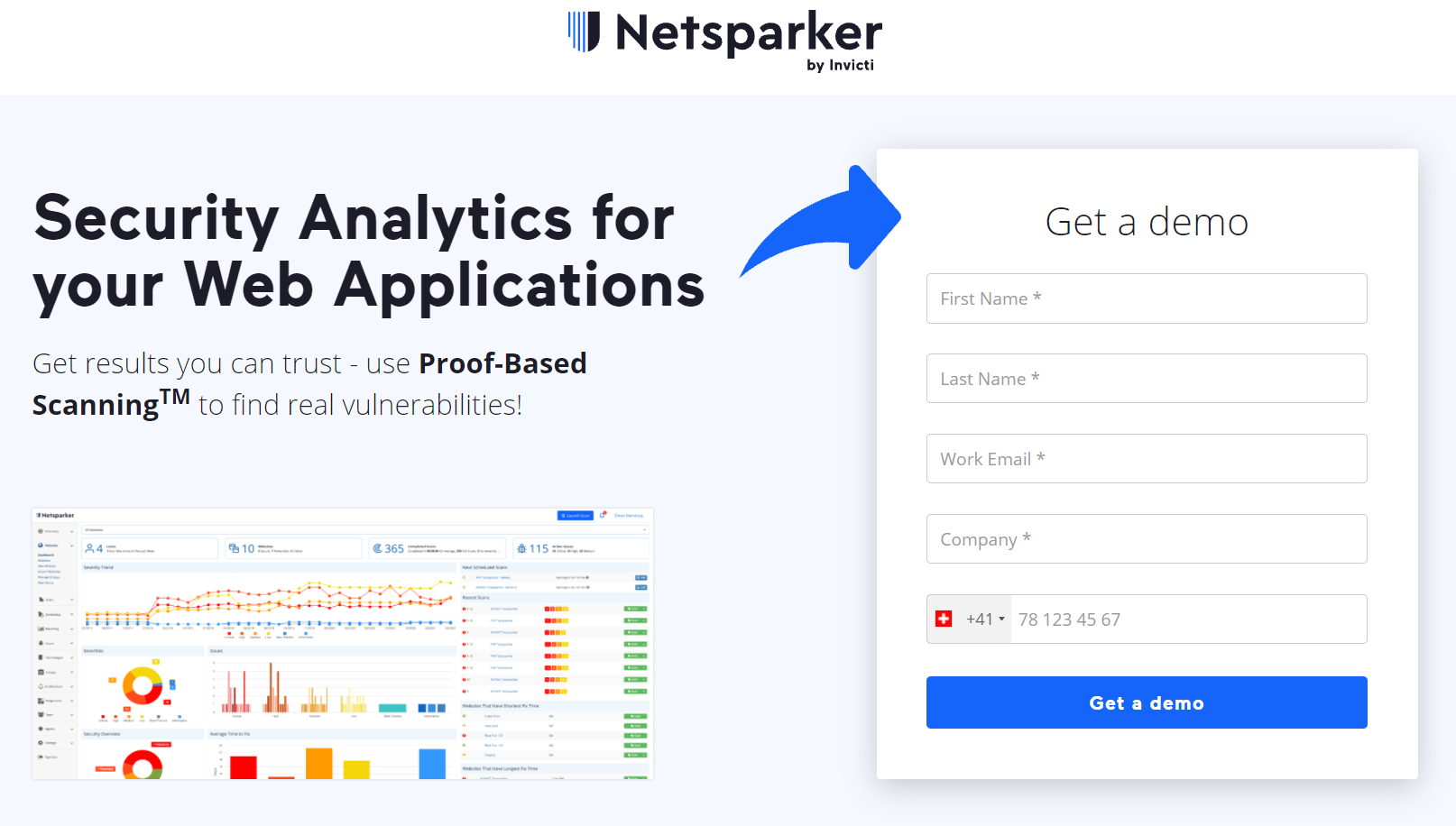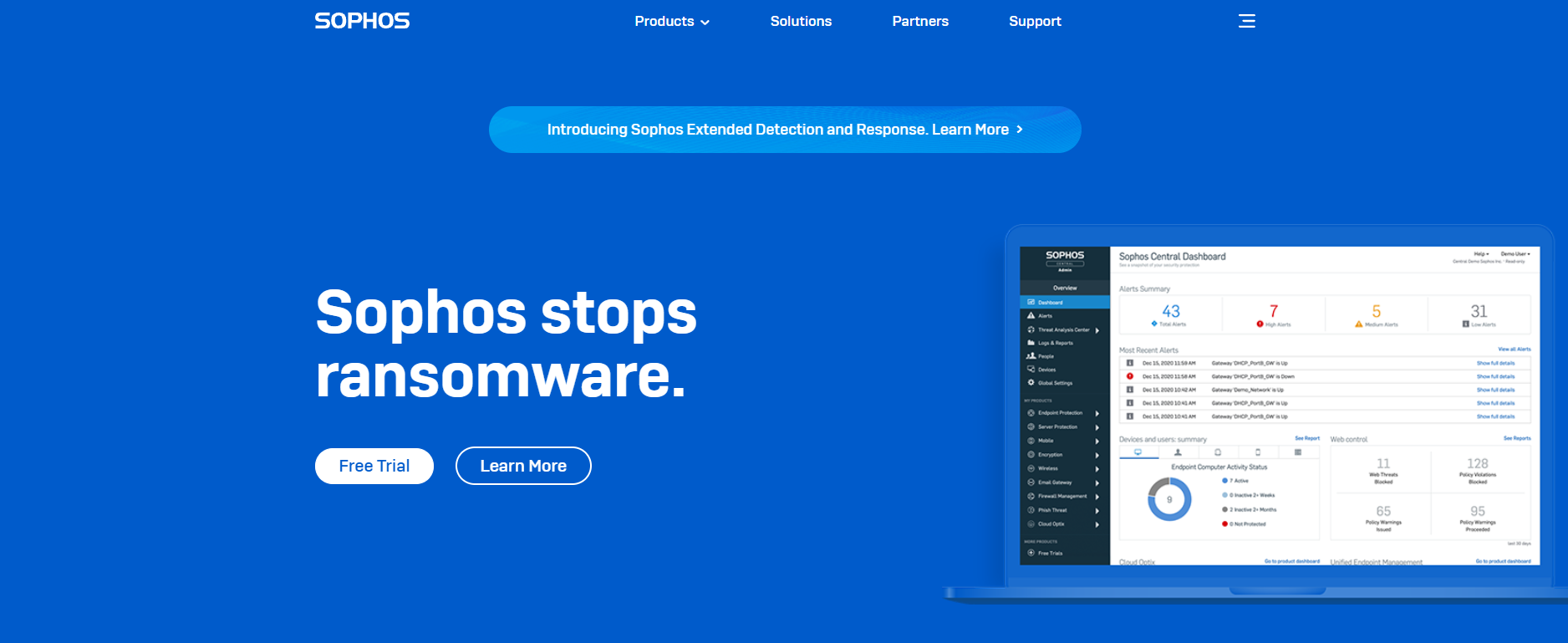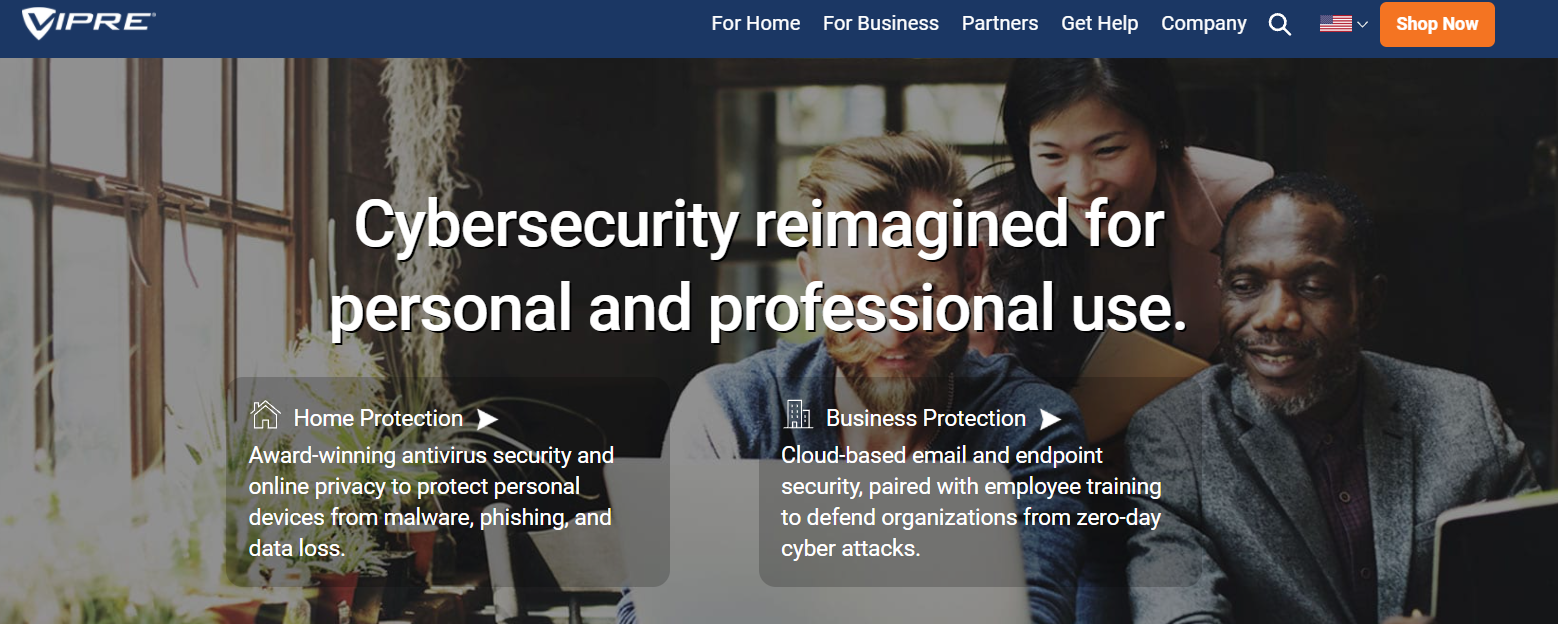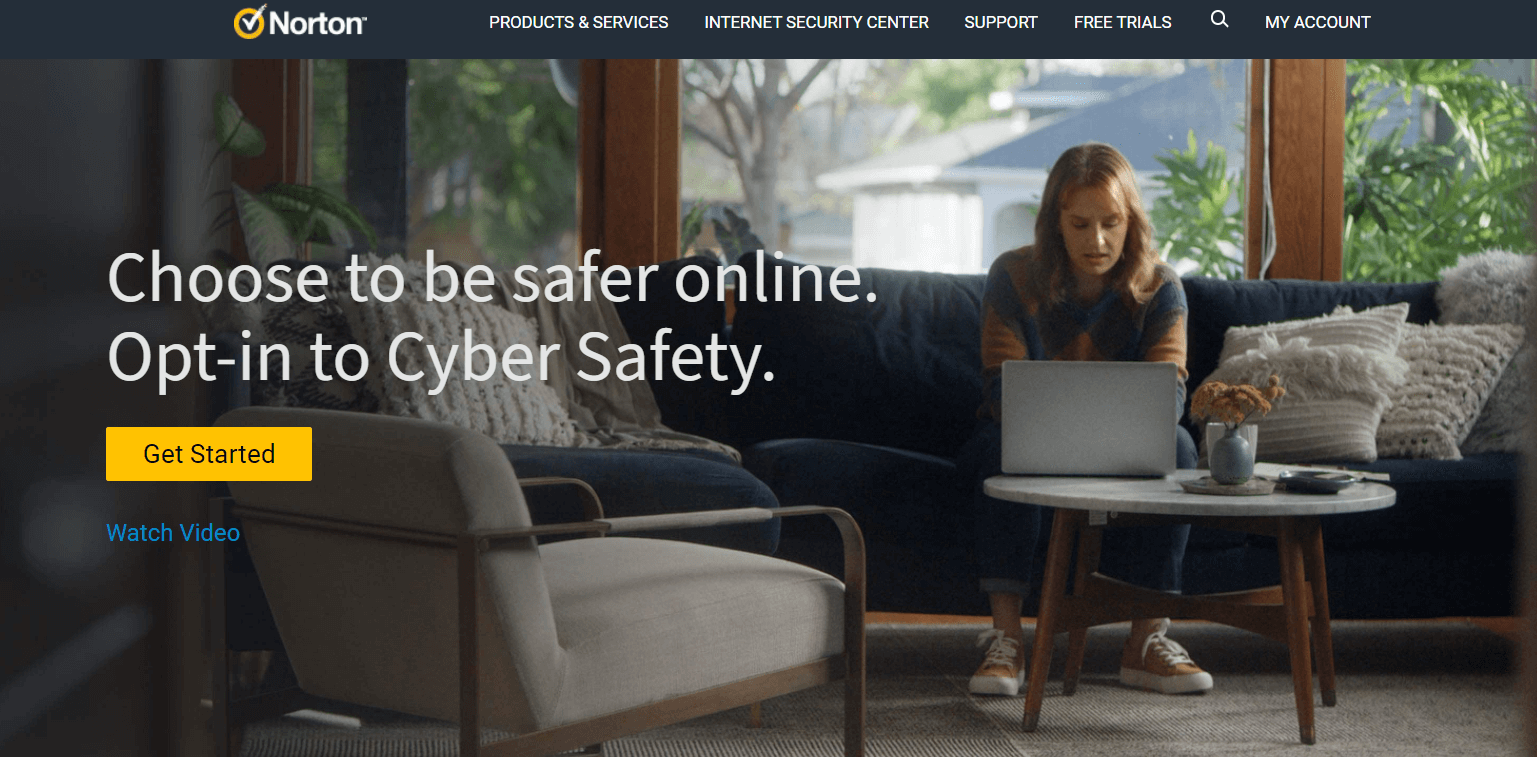Introduction
In today’s complex cybersecurity landscape, choosing the right solution is crucial for protecting businesses from evolving threats. WatchGuard has emerged as a leading provider of cybersecurity solutions, but how does it compare to its competitors? This blog post offers a comparative analysis of WatchGuard’s offerings against key competitors in the cybersecurity market, highlighting the unique features, benefits, and advantages that set WatchGuard apart.
WatchGuard’s Key Features and Benefits
WatchGuard offers a comprehensive suite of cybersecurity solutions designed to address the diverse needs of businesses. Key features include:
1 Advanced Threat Detection
WatchGuard’s cybersecurity solutions are equipped with cutting-edge advanced threat detection mechanisms. Leveraging artificial intelligence and machine learning, WatchGuard identifies and mitigates sophisticated threats, including malware, ransomware, and zero-day attacks. The advanced threat detection capabilities ensure that businesses stay ahead of emerging cyber threats, providing a proactive defence against potential security breaches.
2 Multi-Factor Authentication (MFA)
Recognising the increasing importance of securing user access, WatchGuard integrates robust multi-factor authentication (MFA) features into its solutions. MFA adds a layer of protection beyond traditional username and password credentials, significantly reducing the risk of unauthorised access. Whether it’s securing remote access to corporate networks or protecting sensitive data, WatchGuard’s MFA ensures a secure authentication process.
3 Secure Remote Access
In the era of remote work, securing remote access to corporate networks is paramount. WatchGuard’s solutions offer secure and seamless remote access, allowing employees to connect to corporate resources from any location without compromising security. With features like VPN (Virtual Private Network) and secure mobile access, WatchGuard enables organisations to maintain productivity while ensuring the confidentiality and integrity of data.
4 Cloud Security
As businesses increasingly migrate to cloud environments, WatchGuard provides robust cloud security solutions. These solutions are tailored to protect data and applications hosted in the cloud, offering a holistic approach to cloud security. WatchGuard ensures that organizations can embrace cloud technologies with confidence, knowing that their assets are shielded from potential cyber threats.
5 Scalability and Flexibility
WatchGuard’s cybersecurity solutions are designed to be scalable and flexible, catering to the varying needs of businesses of all sizes. Whether you’re a small startup or a large enterprise, WatchGuard adapts to the scale of your operations. This scalability ensures that your cybersecurity framework can seamlessly evolve as your business grows to meet new challenges and demands.
6 User-Friendly Interfaces
Recognizing that effective cybersecurity should not be overly complex, WatchGuard places a strong emphasis on user-friendly interfaces. The intuitive design of WatchGuard’s solutions ensures that organisations can easily manage and monitor their cybersecurity posture without requiring extensive technical expertise. This approach enhances user adoption and reduces the learning curve of implementing and maintaining robust cybersecurity measures.
7 Reliable Performance
WatchGuard’s commitment to providing reliable performance is evident in the performance benchmarks and reliability of its solutions. Businesses can rely on WatchGuard to deliver consistent and dependable cybersecurity services, minimising downtime and ensuring continuous protection against cyber threats.
8 Comprehensive Protection
One of the key strengths of WatchGuard’s cybersecurity suite is its ability to offer comprehensive protection. By integrating various security features into a unified platform, WatchGuard provides a holistic defence against a wide array of cyber threats. From network security to endpoint protection, WatchGuard ensures that organizations have all the tools necessary to fortify their digital infrastructure.
Competitor Analysis
While WatchGuard has established itself as a leader in the cybersecurity market, it faces stiff competition from other prominent vendors such as Cisco, Palo Alto Networks, and Fortinet. These competitors offer similar cybersecurity solutions with their own set of features, benefits, and market positioning.
For example, Cisco is known for its extensive network security offerings and global presence, Palo Alto Networks emphasises advanced threat prevention and cloud security, and Fortinet offers integrated security solutions for network, endpoint, and cloud environments. Each competitor has its strengths and unique selling points, making the cybersecurity market highly competitive and diverse.
WatchGuard’s Competitive Advantage
Despite facing strong competition, WatchGuard maintains a competitive advantage through its unique strengths and capabilities. One of WatchGuard’s key advantages is its focus on providing integrated, easy-to-use cybersecurity solutions that offer comprehensive protection against a wide range of threats.
Additionally, WatchGuard’s commitment to innovation, customer satisfaction, and industry recognition sets it apart from competitors. For example, WatchGuard has received numerous awards and accolades for its cybersecurity solutions, demonstrating its leadership and excellence in the market. Furthermore, customer testimonials and case studies highlight the positive outcomes and benefits achieved by organizations that have chosen WatchGuard’s technology, reinforcing its competitive advantage and value proposition.
Conclusion
In conclusion, WatchGuard offers a comprehensive suite of cybersecurity solutions that effectively address the diverse and evolving threats facing businesses today. Through its unique features, benefits, and competitive advantages, WatchGuard sets itself apart from competitors in the cybersecurity market. Organisations seeking reliable, user-friendly, and innovative cybersecurity solutions can confidently choose WatchGuard to enhance their security posture and protect against a wide range of threats.
Contact us today to schedule a consultation with our cybersecurity experts and take the first step towards a more secure and resilient organisation.
